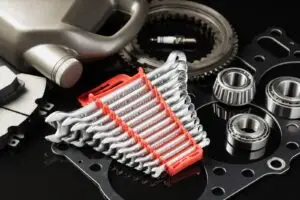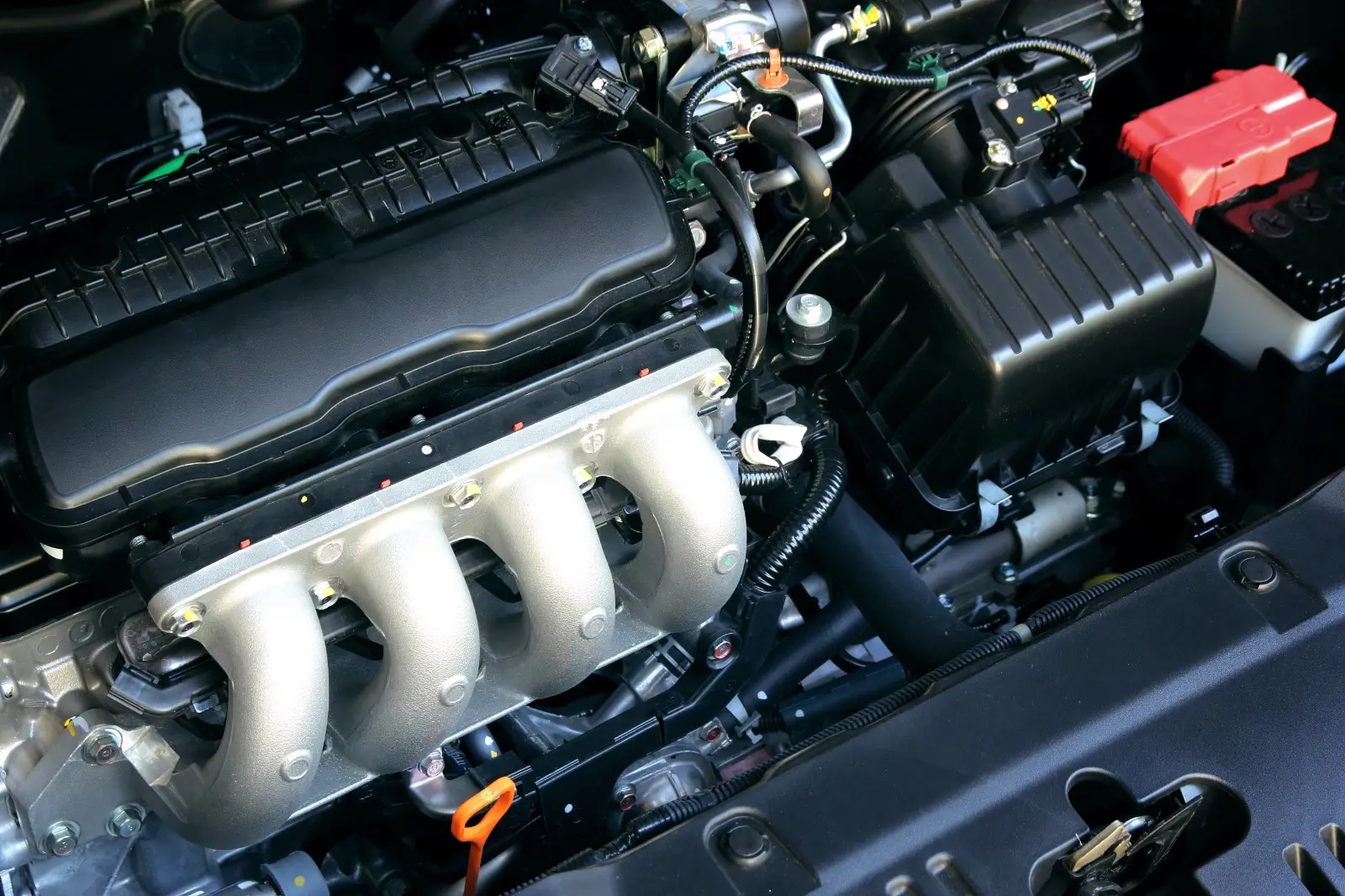The engine is the core of any car. They convert fuel or electricity into energy that propels your car. Buying a car or simply knowing how they work, it is always a good idea to be aware of the various types of engines so that you can make a good decision.
Car engines come in a variety of types; there are the traditional engines (petrol and diesel), and the new generation (electric and hybrid). Each one is distinct in regard to the way it functions, advantages, and shortcomings. Some engines are more suitable for driving in the city, and some are constructed to drive long distances or to transport heavy loads.
In this guide, we are going to define the most popular types of car engines in simple terms. You will find out how they operate, what is unique about them, and even which one could best suit your needs.
What is a Car Engine?
What is a car engine? It is a simple but important question. The answer to this question is that: engine is the main part of any vehicle, which converts petrol into energy to move the vehicle. There are different types of car engines, which we will also discuss in this article.Major Types of Car Engines
Petrol (Gasoline) Engines
Petrol engines are made to burn through gasoline to cause minuscule explosions in the cylinders of the engine, resulting in power to make the car move. These are normally cheaper to purchase and can produce quiet and smooth movement. Nevertheless, they consume a lot of fuel as compared to diesel engines, hence they are not effective during long journeys. The most suitable kinds of engines are petrol motors meant to be used when driving in the city and in short distances.
Diesel Engines

Diesel engines use diesel to generate power, and these engines are meant to generate more pulling power (torque). They consume less fuel compared to petrol engines, hence they are good long distance travel and heavy-load carriers. Nevertheless, they are noisier and require more or less maintenance.
Hybrid Engines
The hybrid engines contain a petrol or diesel engine and an electric motor to propel the vehicle. They are fuel-saving and environmentally friendly. Nonetheless, they are more expensive to purchase. They are most suitable for urban roads and for individuals who would prefer a green alternative.
Electric Engines (EV Motors)
Electric engines are battery-powered and do not burn fuel, but are driven by electric motors. They are non-emitting and have low running costs. But they are not able to go far without charging, and these vehicles rely on charging points. These are suitable for urban traveling, especially on short and medium-range routes.
Hydrogen Fuel Cell Engine
Hydrogen fuel cell engines are types of car engines that utilize hydrogen to generate electricity, which drives the electric motor of the car. They produce no emissions and can be fueled at high speed. Nevertheless, there is a lack of hydrogen filling stations; the vehicle is more applicable to future green transportation.
Car Engine Layout Types
Car engine layouts detail the positioning of cylinders. Inline engines (I4, I6) are straightly lined-up cylinders. V-type engines (V6, V8) arrange cylinders in the form of a V to give more power. Flat Bloggers and flat engines have flat lying cylinders that are opposite to each other to create a better balance. With three or four cylinder banks formed into a W shape, the W-type engines present high performance.
Which Car Engine Type is Best for You?
The right car engine for you will depend on your budget, usage, maintenance expenses, and environmental considerations. Petrol engines are priced economically and work wonders on city commutes, and diesel engines do easy on big distances and excessive loads
Conclusion:
There are numerous types of car engines: petrol, diesel, hybrid, electric, and hydrogen fuel cell, and they all have their advantages and disadvantages. It is a matter of budget, driving requirements, and environmental concerns that will dictate the choice of the one you choose. Shortly, as a newcomer, make sure to research, compare, and choose an engine type that fits your lifestyle and long-term costs.
Explore more Articles on our website Techentimes.com

